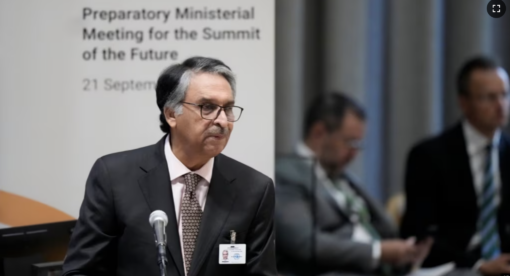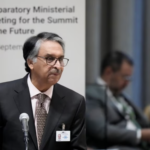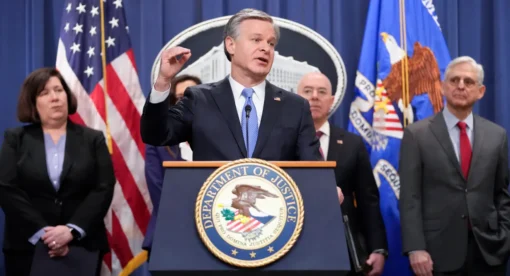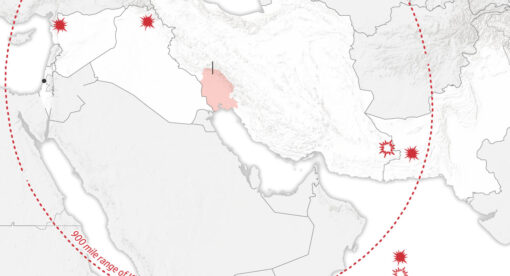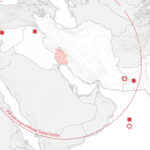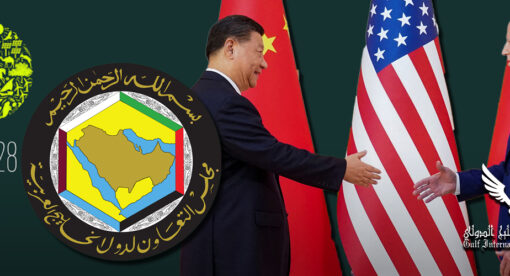Conventional institutions won’t be able to handle reparations.
Russia’s invasion of Ukraine has brought with it atrocities on a scale not seen in Europe since World War II. Critical civilian infrastructure including schools, hospitals, and homes have been intentionally targeted. The destruction of the Nova Kakhovka dam serves as the most recent reminder of a deliberate, callous, and systematic dismantling of the country.
Ukraine lost 29 percent of its GDP in 2022—13 million citizens have been displaced. Reconstruction costs are running over $400 billion—not including those areas to the south and east of the Dnipro occupied by Russia.
In November 2022, the United Nations formally acknowledged that Russia must bear the legal repercussions of its internationally wrongful actions, including making reparations for damages inflicted upon Ukraine and her people. This recognition also underscored the urgency for an international mechanism to facilitate this compensation.
But the stark reality is that an unrepentant Russia is bent on inflicting as much damage on Ukraine as possible and evading its international obligations. While Russia may well lose the war, it is unlikely to lose in the kind of total fashion that made extracting reparations from, for instance, Germany after the world wars possible. Russia has veto power at its disposal to obstruct conventional avenues of securing reparations through some international institutions. Progress on this, however, has been made by scholars at the New Lines Institute. The result is an innovative proposal that makes full use of the latent legal power nation-states hold through their domestic laws to do more than just freeze Russian state assets. Our report shows how these assets can be legally transferred to Ukraine for use in reconstruction efforts.
Read the rest in Foreign Policy.


